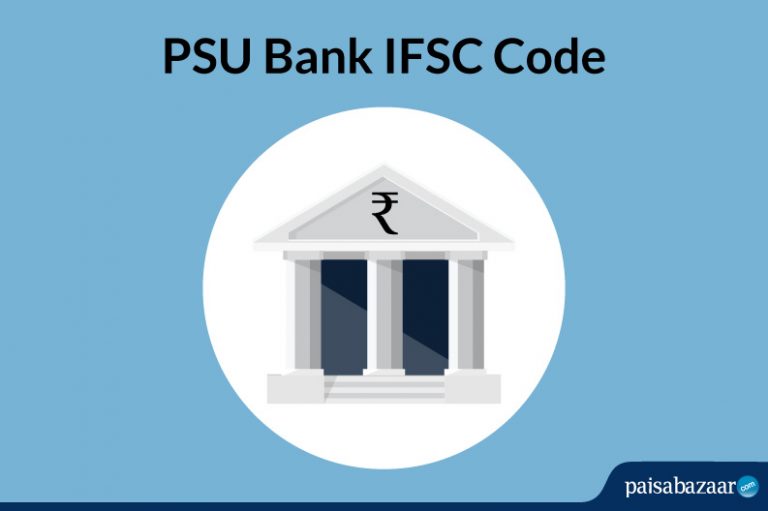

As per the latest update, the IFSC Codes of the amalgamated banks namely Oriental Bank of Commerce, United Bank of India, Syndicate Bank, Andhra Bank, Corporation Bank, and Allahabad Bank have been changed with effect from 1st April 2021. These public sector banks were consolidated in April 2019 as announced by the Finance Minister of India – Nirmala Sitharaman and came into effect in April 2020.
The Reserve Bank of India has permitted some banks such as Syndicate Bank to allow its customers to use their cheque books till 30th June as well. It is to bring to your notice that if you will provide the post-dated cheques, you will have to replace them with the new ones for any delays. The banks are requesting the account holders to obtain a new cheque book through the bank branch, mobile banking, internet banking, or ATM.
Let us take a look at the dates till the old IFSC Codes of the merging banks will be valid:
| Parent Bank | Amalgamating Bank | Reward Points |
| Union Bank of India | Andhra Bank & Corporation Bank | 1st April 2021 |
| Punjab National Bank | United Bank of India & Oriental Bank of Commerce | 1st April 2021 |
| Indian Bank | Allahabad Bank | 1st May 2021 |
| Canara Bank | Syndicate Bank | 1st July 2021 |
| Bank of Baroda | Vijaya Bank & Dena Bank | 31st March 2021 (Discontinued) |
As per the official website of Union Bank of India, the new IFSC Codes for Andhra Bank and Corporation Bank has been updated. The new IFSC Code for Andhra Bank is UBINOB and Corporation Bank is UBINO9.
Note: The New IFSC Codes for the remaining banks are yet to be updated.
However, it is advised in order to avoid failures relating to financial transactions the account holders of these banks start using the new IFSC Codes.
What is an IFSC Code?
Indian Financial System Code (IFSC) refers to an 11-digit alphanumeric code that uniquely identifies all banks and their respective branches required for transferring online funds. The Reserve Bank of India assigns the IFSC Code to each bank branch as online transfer of money cannot be initiated without IFSC Code in case of transferring money through NEFT, RTGS, and IMPS.
How Will the Developments Impact Customers?
Cheque Books
With effect from 1st April 2021, the cheque books of the merged banks will not be valid. You will get the new cheque book from the parent bank. For example, the cheque book of OBC & United Bank of India was only valid until 31st March 2021. Moreover, it depends upon bank to bank whether there could be a change in Magnetic Ink Character Recognition Code (MICR) too.
The IFSC Code might change for some banks and will remain the same for others. For every bank, the migration process is different, for instance, in the case of Union Bank of India, the account number has not been changed and only the IFSC Code has been changed. It is advisable to keep checking with your bank for regular updates. Similarly, the MICR code might change for some banks and might remain the same for others.
Loans
In case if your loan has been sanctioned from the merging bank, the loan process will be streamlined with the parent bank. For example, if you have taken a loan from either Dena Bank or Vijaya Bank, the loan process will be initiated by the Bank of Baroda.
Fixed Deposits and Savings Accounts
As of now, there is no change in the interest rates of fixed deposits. However, when the renewal is due, there’s a possibility that the parent bank may align their fixed deposits with the existing FD.
Similarly, with the savings accounts, the account holders can continue to use the old cards till they get expired. After that only will the parent bank issue the new card to them.
Also Read: How to Obtain New IFSC Codes for Vijaya Bank and Dena Bank?